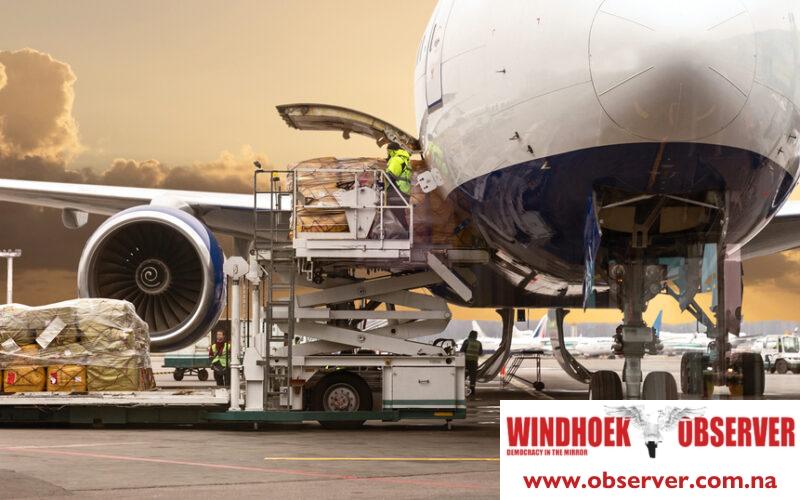African airlines saw their air cargo volumes decline by 0.1 percent in September, despite the strong growth of demand on the Africa-Asia trade lane (+12.8 percent).
This was an improvement in performance compared to August (-3.5 percent). Capacity was 2.7 percent above September 2022 levels.
This was contained in International Air Transport Association’s (IATA) latest analysis of the air cargo market based on traffic and capacity data collected in the respective regions during September.
IATA said global air cargo markets, showing continuing demand recovery. It said global demand, measured in cargo tonne-kilometers (CTKs), increased by 1.9 percent compared to September 2022 levels (+1.6 percent for international operations).
Capacity, measured in available cargo tonne-kilometers (ACTKs), was up 12.1 percent compared to September 2022(+11 percent for international operations). Growth was largely related to international belly capacity which rose 31.5 percent year-on-year as airlines scaled up operations to meet peak-northern summer travel season demand.
IATA said in September, both the manufacturing output purchasing managers Index or PMI (49.7) and new export orders PMI (47.7) saw a slight improvement to the previous month. They remained, however, below the critical 50-point threshold, indicating a continuing, but slightly slower, annual decline in global manufacturing production and exports.
Global cross-border trade contracted for the fifth month in a row in August, decreasing 3.8 percent year-over-year. This reflects the cooling global macroeconomic environment.
IATA annual growth in US consumer prices stabilised in September at 3.7 percent, the same rate as in August. In Europe and Japan consumer price inflation slowed by 1.0 and 0.2 percentage points, respectively, to 4.9 percent and 3 percent (also respectively). In China, deflation-fighting policy measures saw an annual rise in consumer prices of 0.1 percent.
In September, the average price of jet fuel was USD 131 per barrel, marking a 43.1 percent increase from the May price. Recouping some of this added cost from surcharges in September contributed to the first increase in air cargo yields since November 2022.
“Air cargo eked out modest growth (1.9 percent) in September despite falling trade volumes and high jet fuel prices. That clearly shows the strength of air cargo’s value proposition. With the key export order and manufacturing PMIs hovering near positive territory, we can be cautiously optimistic for a strong year-end peak season,” said Willie Walsh, IATA’s Director General.




